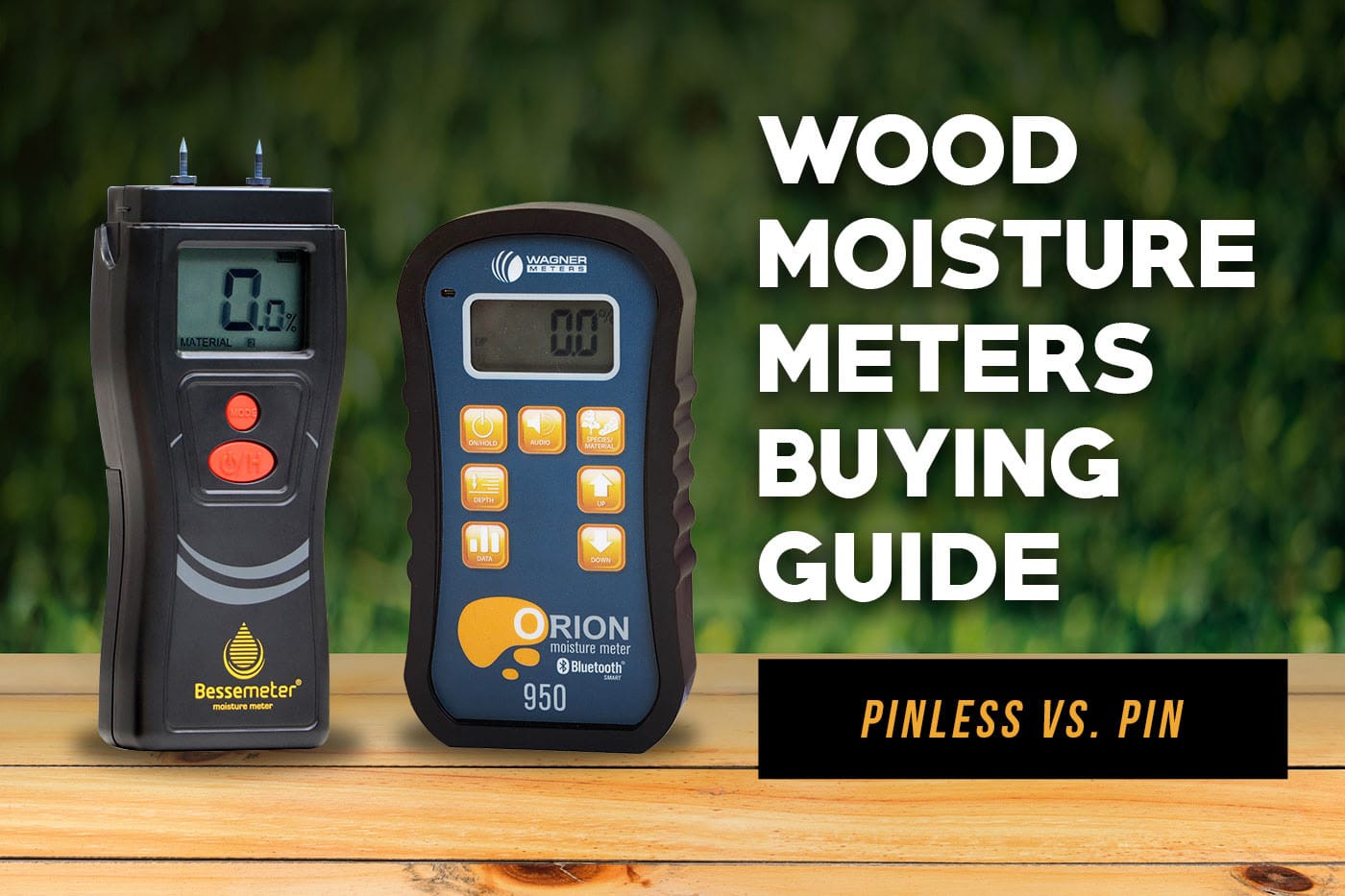Comprehending the Different Sorts Of Moisture Meters and Their Applications
Comprehending the Different Sorts Of Moisture Meters and Their Applications
Blog Article
The Ultimate Guide to Moisture Meters: A Comprehensive Overview and How They Can Conserve You Cash
In the world of structure upkeep, building, and various industries, the relevance of properly determining wetness levels can not be overemphasized. Wetness meters offer as vital devices in finding and checking moisture material in materials, assisting in protecting against expensive damages and guaranteeing the top quality of items. Recognizing the nuances of different types of wetness meters, their applications, and the prospective cost-saving benefits they offer can be a game-changer for professionals and services alike. Discovering exactly how these devices can not only improve processes however also add to financial cost savings is a journey worth starting.
Kinds Of Moisture Meters
Different types of dampness meters are offered for different applications in various sectors. One typical type is the pin-type wetness meter, which determines the electric resistance in between 2 pins placed into a material. This type appropriates for timber, drywall, and other structure materials. Pinless moisture meters, on the various other hand, usage electromagnetic sensor plates to scan a larger location without creating damages to the product's surface area. These meters are ideal for quickly examining dampness degrees in huge areas such as wall surfaces and floors.
In addition, there are also specialized wetness meters designed for certain products like dirt, hay, or grain. These meters provide accurate dampness readings customized to the unique residential or commercial properties of the product being checked. Infrared moisture meters gauge the thermal residential or commercial properties of a material to establish its wetness web content non-invasively, making them useful for applications where pin or pinless meters may not be suitable. Understanding the different sorts of moisture meters readily available can aid markets pick one of the most appropriate device for their particular wetness dimension needs.

Benefits of Making Use Of Moisture Meters

Furthermore, using dampness meters can lead to enhanced power effectiveness. In agricultural settings, moisture meters play a vital role in optimizing plant returns by making it possible for farmers to keep an eye on dirt dampness degrees and make notified irrigation choices.
Just How to Select the Right Moisture Meter
Choosing the suitable wetness meter includes taking into consideration essential variables such as material compatibility, measurement variety, and calibration accuracy. When picking a dampness meter, it's vital to article source make sure that the meter is appropriate for the particular product you will be screening. Different products have varying electric residential or commercial properties that can affect moisture readings, so picking a meter made for your material is critical for accurate outcomes. Additionally, take into consideration the measurement variety of the wetness meter. Ensure that the meter can identify wetness degrees within the variety required for your applications. Calibration precision is another essential element to remember (Moisture Meter). Choose for a moisture meter with trusted calibration to guarantee constant and precise readings. Some meters might need routine calibration adjustments, so recognizing the calibration process is important. By very carefully evaluating these aspects, you can pick a wetness meter that fulfills your needs and offers exact moisture dimensions for your projects.
Appropriate Strategies for Moisture Meter Use
To guarantee exact moisture readings and take full advantage of the efficiency of a dampness meter, using appropriate methods is necessary. When utilizing a pin-type dampness meter, place the pins or probes into the product being checked till they make full call. By adhering to these appropriate strategies, customers can depend on their wetness meter to provide credible moisture degrees, assisting in stopping costly damage or making sure high quality in different applications.

Cost Financial Savings Through Moisture Meter Applications
Just how can the strategic utilization of Get More Info wetness meters lead to considerable cost savings throughout various sectors? In the agriculture industry, moisture meters help in identifying the optimum time for collecting crops, preventing over-drying or excess moisture that can affect the final item's quality.

Additionally, in the food handling market, moisture meters are important for checking product quality and making certain conformity with safety laws. By precisely determining moisture material in food, producers can prevent perishing, keep quality, and lower waste, leading to significant expense financial savings. On the whole, the critical application of moisture meters is a useful investment that can cause considerable expense reductions and enhanced efficiency across various markets.
Verdict
In verdict, dampness meters are important tools for gauging and detecting dampness levels in various products. By making use of the right dampness meter and adhering to appropriate methods, customers can properly stop costly problems caused by excess dampness.
Dampness meters serve as important devices in identifying and keeping an eye on moisture content in materials, aiding in avoiding expensive damages and making sure the high quality of products. Infrared moisture meters determine the thermal buildings of a product to identify its dampness have a peek at this website material non-invasively, making them helpful for applications where pin or pinless meters may not be appropriate.Dampness meters supply indispensable benefits in properly keeping track of and evaluating wetness levels in varied materials and settings. In farming setups, dampness meters play a crucial function in enhancing crop returns by making it possible for farmers to monitor soil moisture levels and make notified irrigation decisions.In final thought, wetness meters are useful devices for measuring and identifying dampness degrees in various materials.
Report this page